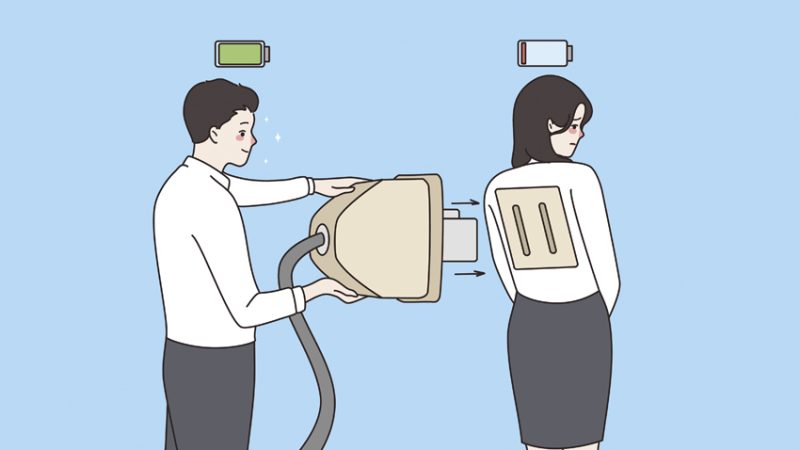Complaints about schools – Why you need robust reporting

With parental complaints to schools on the rise, it’s worth ensuring your reporting systems are sufficiently responsive, says Tamara Dasht…
- by Tamara Dasht

All schools must have a complaints procedure, as set out in Section 29(1) of the Education Act 2002 and Part 7 of The Education (Independent School Standards) Regulations 2014.
If, however, you’re unsure as to whether your school complaints procedure is fully compliant with current legislation and guidance, it may be worth looking at it afresh, and possibly seeking legal advice.
Some might choose to adopt a templated procedure from a reputable source to ensure their compliance, but do make sure this doesn’t give the name of your school or trust as [INSERT NAME] – because yes, we have seen that before…
Surge of complaints
At Browne Jacobson, we’ve seen a surge in both the number and complexity of parental complaints about schools, with clients regularly telling us about the huge volume of time and resources they’re putting into managing the complaints they receive.
Dealing with complaints about schools efficiently requires having a legally compliant procedure in place (and following it!), but beyond that, we would strongly encourage taking an holistic approach to complaints management.
Key to this is building a culture of open conversation and mutual respect within your school. If parents feel they can approach you with their concerns, and that those concerns will be addressed both promptly and properly, you can avoid later escalations.
Complaints procedure
Your staff also need to know your school’s complaints procedure inside out, and possess the skills needed to follow it to the letter. Managing difficult conversations with parents has always been part of the job, but one that’s unfortunately grown larger in recent years. To that end, we’d urge leaders to provide some form of training specifically designed to prepare staff for such situations.
Staff should always know where they can go to seek support, or simply air their grievances. Consider appointing a nominated individual at the school whose role will include complaints management, and who can offer support and guidance to staff in the event of any challenging exchanges with parents.
Keeping a record
Keeping a thorough record of complaints will help you both identify any similar or recurring issues, and bed in any major changes to your practice or procedures.
For example – is the school currently receiving multiple complaints concerning attainment levels? If so, you might need to review your communication of students’ grades and progress to parents. It’s often cases of mistaken communication – or, indeed, a lack of any communication at all – that lies at the heart of parental complaints.
Keeping parents well-informed, and perhaps seeking their input on occasion, will make them feel more involved in the life of the school, and prevent otherwise robust relationships from breaking down.
In short, get the fundamentals right. Ensure your school complaints policy is legally compliant. Make sure that (suitably trained) staff know and follow it – and more than anything, communicate as much as you can.
You can then sit back and hopefully watch as your volume of parental complaints, and the time/resource investment in dealing with them, both start to decline.
Tamara Dasht is an associate at Browne Jacobson; for more information, visit brownejacobson.com or follow @brownejacobson










